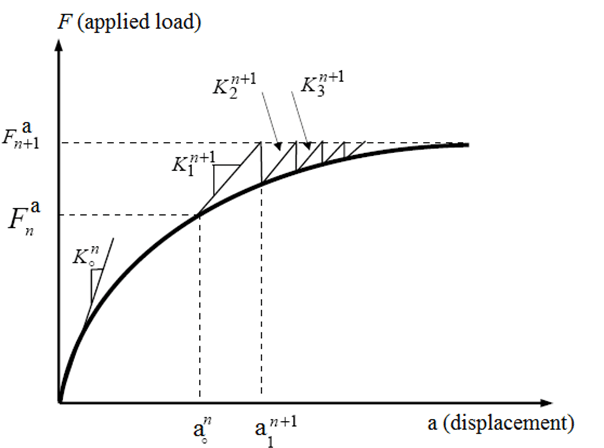

VECTOR NEWTON RAPHSON METHOD CODE
However, modifying one line of code made everything work in my implementation. The guys that answered this question helped me. Is my implementation wrong in any way? Or is the vector just a "bad" initial value? It depends on the initial value, among other stuff. OK, Newton's method does not guarantee the correct convergence. If I change the input value close to a correct solution, like it also crashes. Look at the first equation, if you input these values, you can easily see that (527)+(-1.63)+(2.14) does not equal to 3.

However, if I change my initial value to something like I get a weird result: 527.7482, -1.63 and 2.14. Moreover, if a input, a slightly different input, the code also works and the answer it returns is also a correct one. This is a correct answer, it solves the three equations above. If I input the initial values as a vector, my code returns as an output. I am pretty sure this code is definitely not totally wrong. X_delta = x_delta_by_gauss(jacobian, vector_b_f_output) Vector_b_f_output = function_exercise(first, second, third) Jacobian = jacobian_exercise(first, second, third) X_delta_test = x_delta_by_gauss(jotinha,bezao) Nonetheless, the example on the video deals with 2 variables and my homework deals with 3 variables. I did a Python implementation for that and the code went fine for the example on the video. The guy on the video explained the math process behind Newton's method and did, manually, two iterations. In order to learn the Newton's method, besides the classes, I watched this YouTube video: The task is to build an implementation of Newton's method to solve the following non-linear system of equations: However, I am not completely satisfied with it. I have already submitted the code bellow. I am trying to solve this exercise for College.


 0 kommentar(er)
0 kommentar(er)
